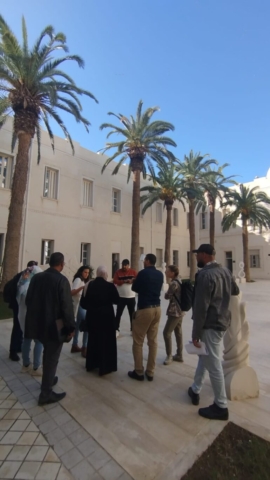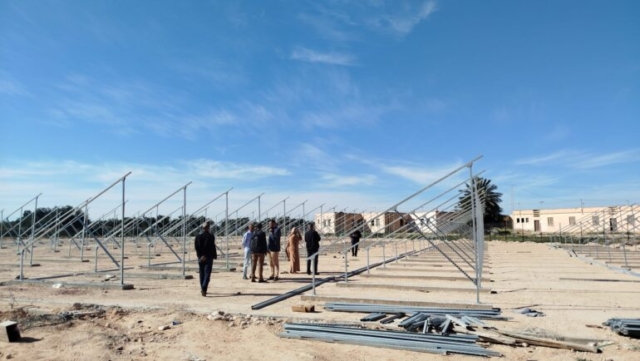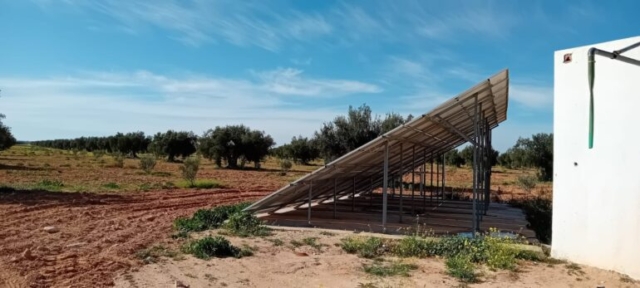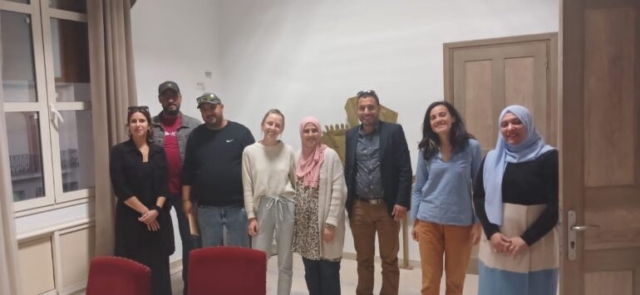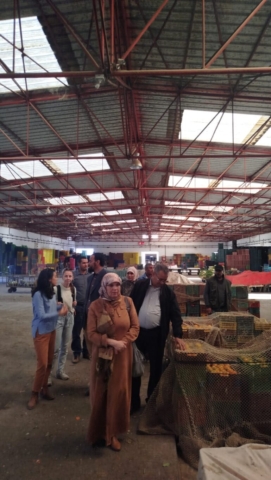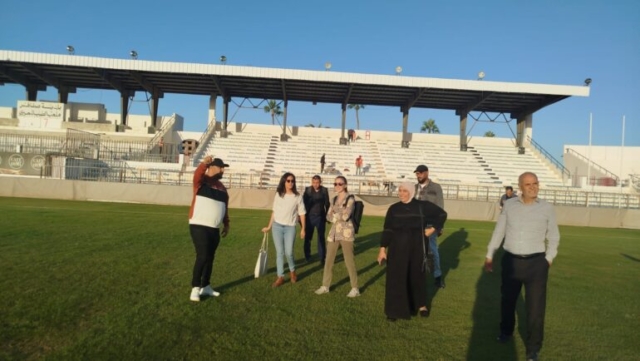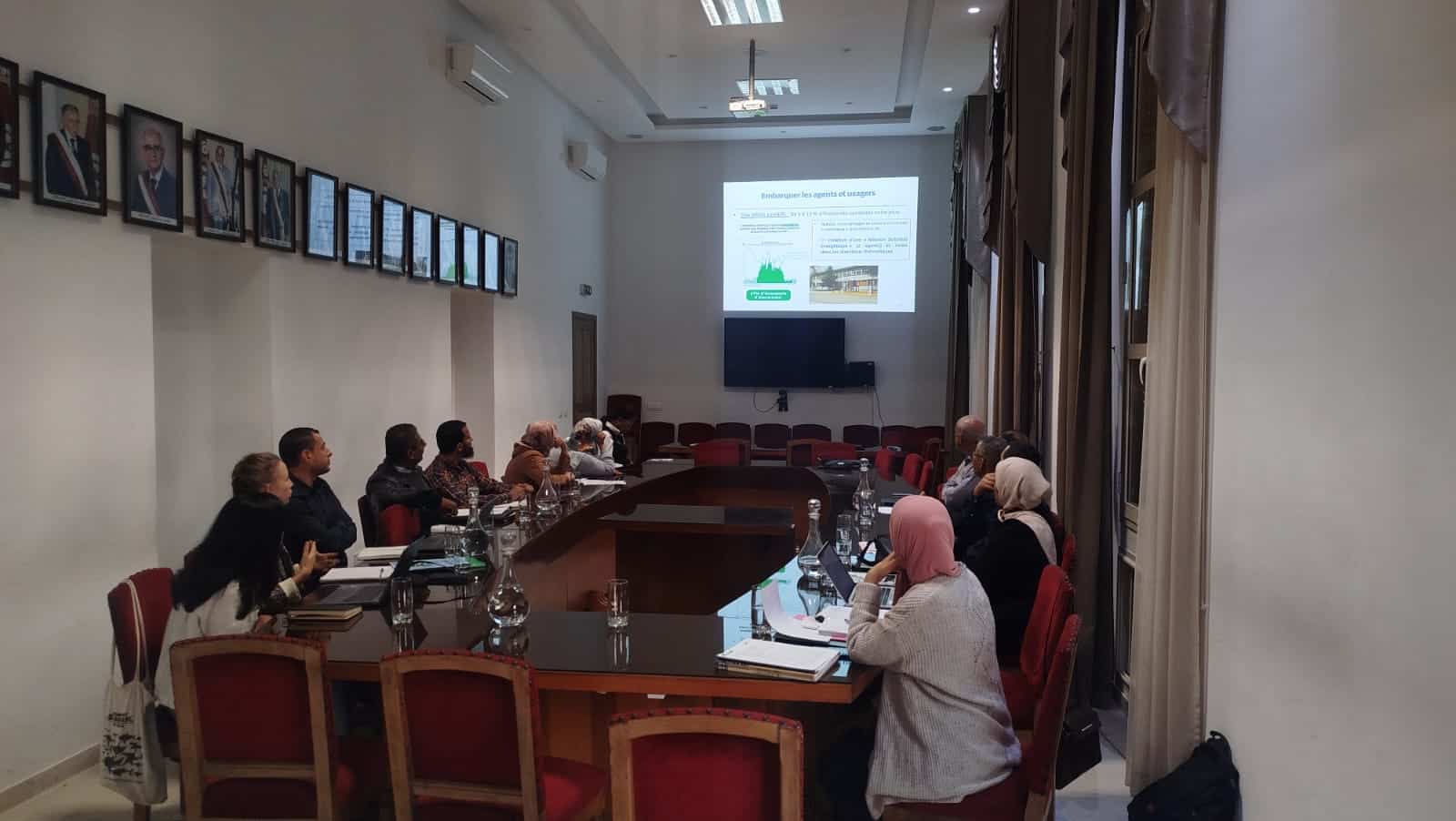
Twinning Cities Study Tour to Sfax
In the context of meetMED Twinning Cities Agreements, the Portuguese Agency for Energy – ADENE in coordination with the municipality of Sfax, hosted a three-day study tour from 25-27 November 2024 in Tunisia. This event was attended by official delegations representing the municipality of Grenoble (France), the French Agency for Ecological Transition (ADEME) and the National Agency for Energy Management – ANME.
The opening session featured remarks from the Secretary General of Sfax Municipality, followed by a presentation on the city’s projects contributing to its energy transition, with a focus on energy efficiency (EE). Representatives from Grenoble also shared insights on similar initiatives, while ANME presented their work with local authorities.
Highlights from Site Visits
- City Hall: Participants toured the historical building, showcasing the interventions made to enhance its energy efficiency.
- Public Swimming Pool: This facility recently underwent significant upgrades, including the installation of solar thermal collectors, financed with support from ANME (Caisse de la transition énergétique).
- Bechka Municipal Farm: Located on the outskirts of Sfax, this site is developing a pilot project for a photovoltaic (PV) power station to power an irrigation system for 40,000 olive trees. Plans are also underway to create an ecotourism project by transforming the Palais El Hana, a former residence of President Habib Bourguiba, into a guest house.
- Sfax’s Vegetable and Fruit Supply Market: Participants observed two notable projects focused on waste management and water efficiency:
- A green waste compost unit that processes 720 tonnes/year of green waste, preventing the emission of 1,116 tonnes/year of CO2 equivalent through reduced methane emissions, resulting in the production of 500 tonnes/year of organic compost.
- A rainwater harvesting system installed on the market’s roof, allowing harvested rainwater to be used in the compost plant and for washing the market, thereby conserving potable water from the public network.
The study tour provided valuable insights into energy efficiency projects and sustainable practices, fostering collaboration between the participating municipalities and enhancing their collective efforts in energy management.


